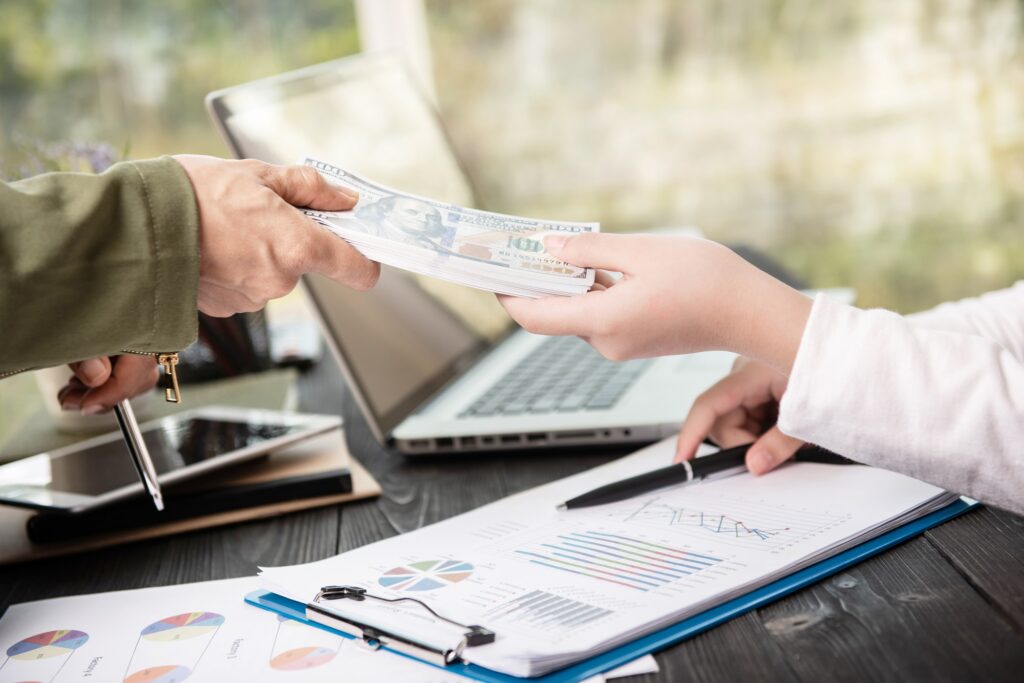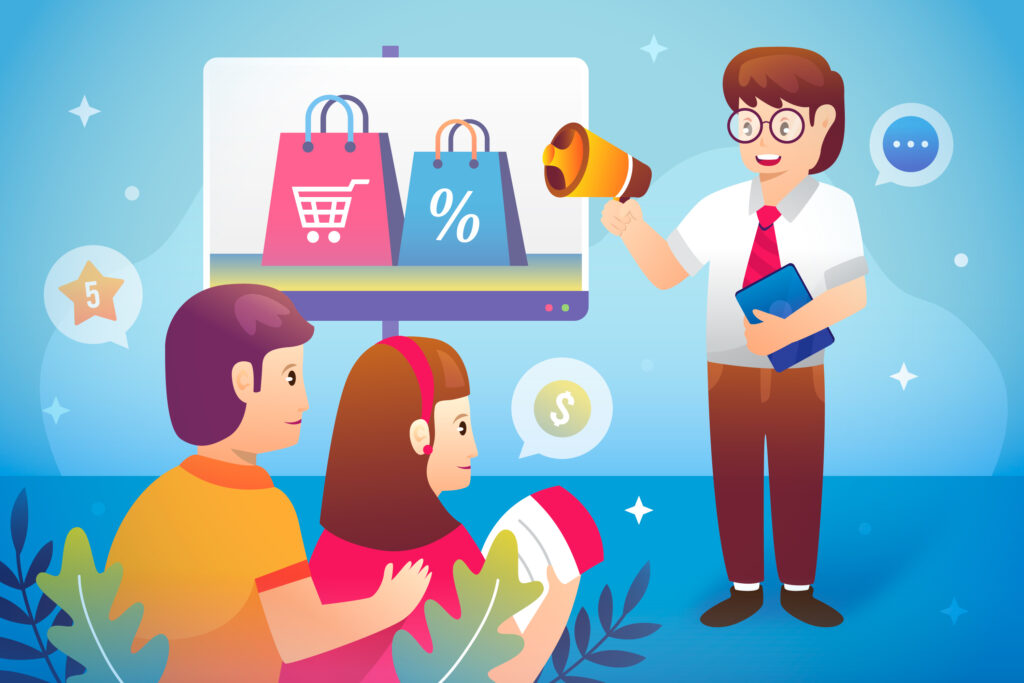In today’s digital-first world, small businesses must leverage online marketing to stay competitive and attract new customers. As we step into 2025, digital marketing is no longer an option—it’s a necessity. Whether you run a local retail store, a service-based business, or an e-commerce brand, a strong digital presence can significantly impact your growth and profitability.
With technological advancements like AI-driven marketing, automation, and data analytics, small businesses can now compete with larger enterprises more efficiently. The good news is that digital marketing doesn’t require a massive budget; even small investments can yield significant returns when executed correctly.
This guide will walk you through the essential steps to start digital marketing for small businesses in 2025. From setting up a strong foundation to creating an online presence and understanding the costs of hiring an agency in India, this article covers everything you need to know.
Why Digital Marketing is Essential for Small Businesses in 2025

1. Growing Online Consumer Base
By 2025, India is expected to have over 900 million internet users. Consumers are increasingly relying on online searches, social media, and e-commerce platforms to discover products and services. If your business isn’t online, you’re missing out on a massive audience.
2. Cost-Effective Marketing with High ROI
Traditional advertising (TV, newspapers, billboards) is expensive and offers limited targeting. Digital marketing, on the other hand, allows businesses to reach the right audience at a fraction of the cost. With tools like Google Ads and Facebook Ads, you can track performance in real time and optimize your budget.
3. AI and Automation for Smarter Marketing
AI-driven marketing tools like chatbots, personalized recommendations, and automated email campaigns allow small businesses to operate efficiently. Machine learning algorithms analyze user behavior and help create targeted campaigns that drive better conversions.
4. Building Customer Relationships and Brand Awareness
Digital marketing helps businesses engage with their audience through social media, content marketing, and email campaigns. This fosters customer loyalty, trust, and brand recognition, ultimately leading to long-term growth.
5. Competing with Big Brands
With SEO, content marketing, and social media engagement, small businesses can now rank higher on search engines, compete with larger competitors, and attract local and global customers.
6. Data-Driven Decision Making
One of the biggest advantages of digital marketing is access to data analytics. Tools like Google Analytics, Facebook Insights, and AI-powered CRM systems help businesses track customer behavior, measure campaign success, and refine strategies in real time. This data-driven approach ensures better decision-making and higher conversion rates.
7. Enhanced Customer Experience & Personalization
Customers today expect personalized experiences. Digital marketing enables small businesses to tailor their messaging, offers, and engagement based on user preferences and past interactions. Personalized email marketing, AI-powered chatbots, and dynamic ad targeting help create a unique and engaging experience for every customer.
8. Scalability and Flexibility
Unlike traditional marketing, digital marketing allows businesses to start small and scale as they grow. You can test different strategies, optimize based on performance, and expand your reach without making large upfront investments. Whether you’re running a local shop or an e-commerce brand, digital marketing provides the flexibility to adjust your approach based on results.
Setting Up the Foundation for Digital Marketing

1. Define Your Business Goals
Before diving into digital marketing, outline your objectives. Do you want to increase website traffic, generate leads, boost online sales, or improve brand awareness? Defining clear goals will help you choose the right strategies.
2. Identify Your Target Audience
Use data analytics and AI tools to understand your ideal customer’s demographics, interests, and online behavior. Platforms like Google Analytics and Facebook Audience Insights can help you segment and target your audience effectively.
3. Choose the Right Marketing Channels
Different businesses require different marketing channels. Some of the most effective ones for small businesses include:
- SEO (Search Engine Optimization) for organic traffic
- Social Media Marketing (Facebook, Instagram, LinkedIn, Twitter)
- Content Marketing (Blogs, videos, podcasts)
- Email Marketing for lead nurturing
- Paid Advertising (Google Ads, Facebook Ads, YouTube Ads)
4. Set Up a Marketing Budget
Even with a small budget, digital marketing can be effective. Allocate funds to essential areas like website development, paid ads, and social media marketing. A well-planned budget ensures that your marketing strategy remains sustainable.
5. Leverage AI and Automation
AI-powered tools like HubSpot, ChatGPT, and Mailchimp help automate customer interactions, email marketing, and content creation. This saves time and increases efficiency, making marketing more scalable.
Creating a Strong Online Presence
1. Build a Professional Website
A website is the digital storefront of your business. Ensure it is:
- Mobile-Friendly (since 75% of users browse on mobile devices)
- Fast-Loading (Page speed impacts SEO and user experience)
- SEO-Optimized (Use keywords, meta tags, and high-quality content)
- User-Friendly (Easy navigation, clear CTAs, and contact forms)
2. Optimize for Local SEO
If you run a local business, ensure you optimize for local searches:
- Claim and optimize your Google My Business profile
- Collect positive customer reviews
- Use location-based keywords
- List your business on local directories (Justdial, IndiaMART, Sulekha)
3. Leverage Social Media Marketing
Social media is a powerful tool for brand awareness and customer engagement. Small businesses should focus on:
- Instagram & Facebook for visuals and customer engagement
- LinkedIn for B2B businesses and professional networking
- YouTube & TikTok for video marketing
- WhatsApp Business for direct customer interaction
4. Content Marketing Strategy
Content drives traffic, builds trust, and establishes authority. Consider:
- Writing informative blogs to improve SEO
- Creating how-to videos or product demonstrations
- Sharing customer testimonials and success stories
- Using AI tools like Jasper and Grammarly for content optimization
Cost to Hire a Marketing Agency in India

Hiring a digital marketing agency can be a cost-effective solution for small businesses that lack in-house expertise. The cost varies based on the scope of services, experience, and agency reputation.
1. SEO Services
- Basic SEO: ₹10,000 – ₹30,000 per month
- Advanced SEO: ₹40,000 – ₹1,00,000 per month
2. Social Media Marketing
- Basic Management: ₹8,000 – ₹25,000 per month
- Comprehensive Strategy: ₹30,000 – ₹1,00,000 per month
3. Pay-Per-Click (PPC) Advertising
- Small campaigns: ₹5,000 – ₹20,000 per month
- Large campaigns: ₹50,000 – ₹2,00,000+ per month
4. Content Marketing
- Blog writing: ₹1,000 – ₹5,000 per article
- Video production: ₹10,000 – ₹1,00,000 per video
5. Full-Service Digital Marketing
- Small businesses: ₹20,000 – ₹1,00,000 per month
- Mid-sized businesses: ₹1,00,000 – ₹5,00,000 per month
Conclusion
Digital marketing for small businesses looking to grow in 2025. By leveraging AI, automation, and data-driven strategies, businesses can achieve greater visibility, better customer engagement, and higher conversions. Whether you choose to do it in-house or hire an agency, investing in digital marketing will drive long-term success.
FAQs
1. How long does it take to see results from digital marketing?
SEO and content marketing take 3-6 months, while paid ads can show immediate results.
2. What is the best social media platform for small businesses?
It depends on your business type. Instagram and Facebook work well for B2C, while LinkedIn is ideal for B2B.
3. Can small businesses do digital marketing themselves?
Yes! With free and paid tools like Canva, Mailchimp, and Google Ads, businesses can manage their marketing effectively.
4. Is SEO still relevant in 2025?
Absolutely! SEO is crucial for organic traffic and long-term online visibility.
5. Should I hire an in-house marketer or an agency?
If you have a limited budget, outsourcing to an agency is cost-effective. If marketing is a core function, hiring in-house may be better.



